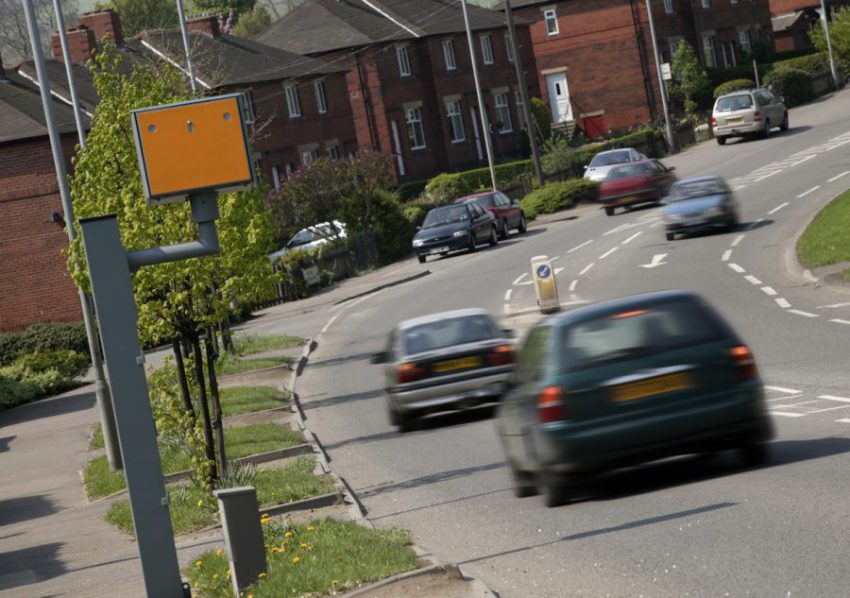
More than four times as many speeders are caught on camera than by officers
A fifth of drivers (21 per cent) think new speeding fines will have little effect. Three quarters (73 per cent) of those believe the lack of police enforcement means drivers will ignore the new fines, even though they could be hit harder in the pocket if they are caught. And 74 per cent of drivers want the speed limit on UK motorways to be increased to 80mph.
Research into the attitudes of British drivers to speeding by Green Flag revealed that new speeding guidelines, which come into effect on April 24, 2017, are unlikely to yield the desired results. The government made the changes after some local authorities in the UK reported a significant increase in drivers caught speeding compared to the previous year.
New fines will see drivers hit with a penalty that could cost them up to 175 per cent of their relevant weekly wage. According to Government figures the average weekly wage is £507. It means a driver who exceeds 101mph could be banned for 56 days and receive a £887.25 fine. Green Flag’s Simon Henrick said: “Even though this new fine structure could leave some out of pocket, drivers seem to think speeding is such a serious offence that it deserves more rigorous enforcement by the authorities.”
More speeders caught by camera
Continue reading →





